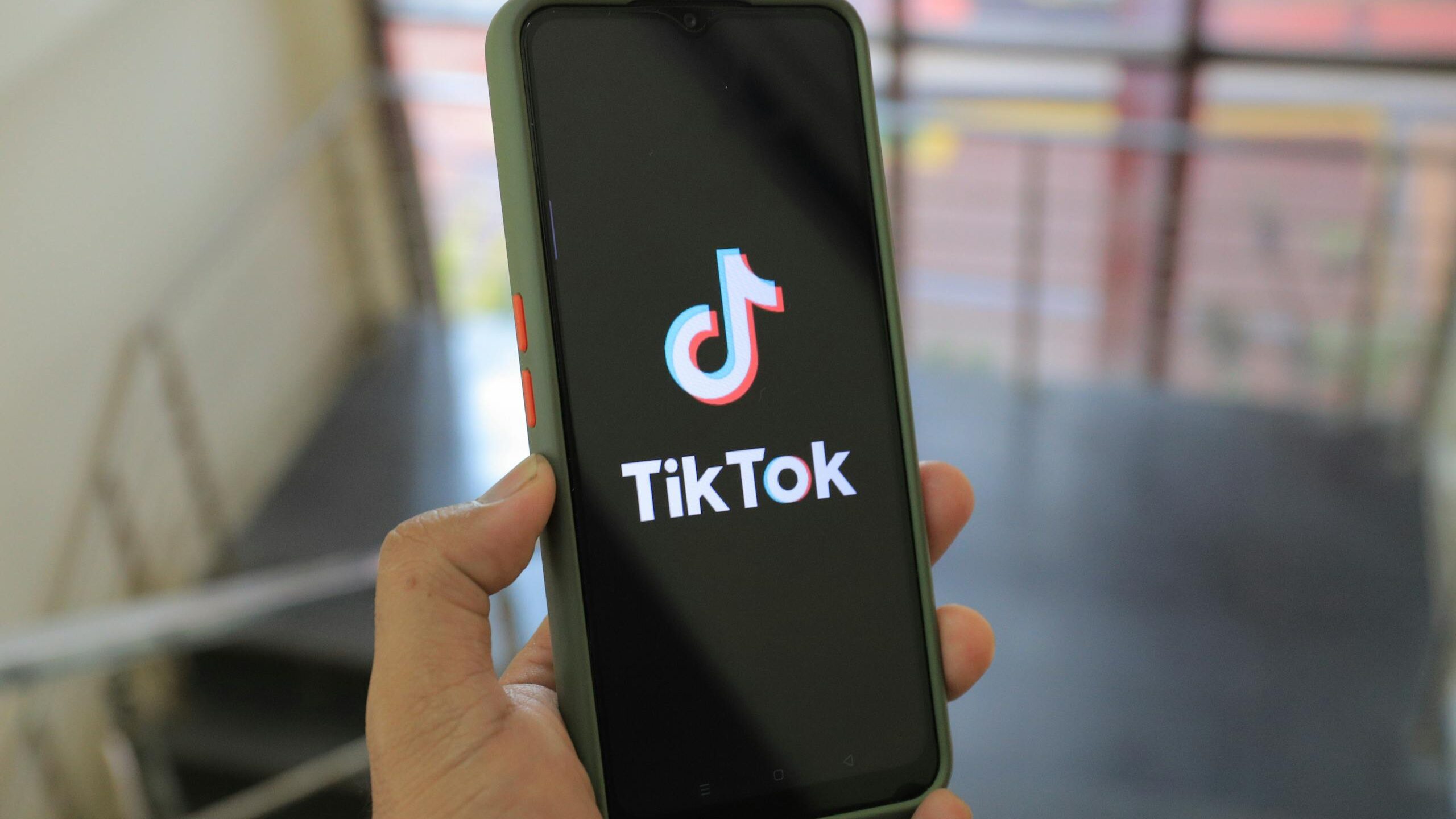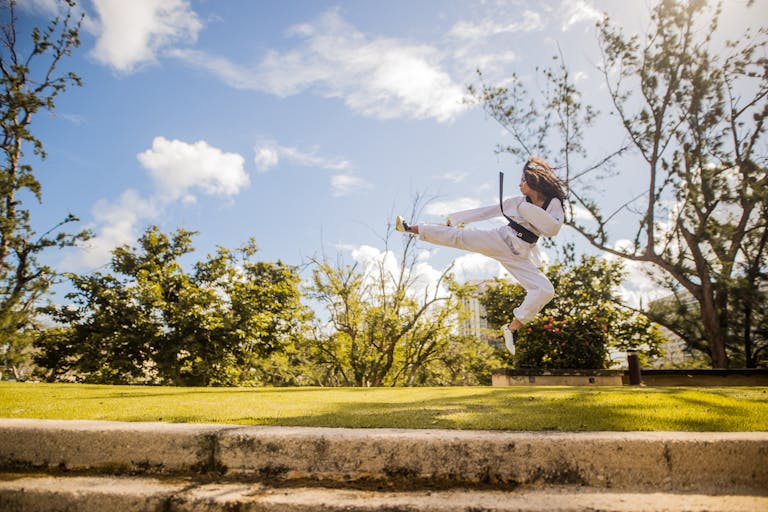
TikTok, a popular short-form video app owned by the Chinese company ByteDance, gained immense popularity during the COVID-19 pandemic. Despite being a major source of entertainment and a business platform for many, it has raised significant privacy concerns for individuals. These concerns are the main reason why TikTok has been banned in several countries.
Orders to ban TikTok in 2025 (Present):
In 2025, the Supreme Court is jumping into the TikTok drama. They’ve set a hearing for January 10, 2025, to decide if the ban is legit and to hear ByteDance’s side of the story. Meanwhile, ByteDance is hustling to avoid a total ban. They’re in talks with U.S. regulators and have come up with “Project Texas,” where they plan to keep all U.S. user data stored in the U.S. to beef up security. It’s their big move to meet security demands and keep TikTok running in the States. This is just the latest chapter in the ongoing TikTok saga.

TikTok Ban in US: Main Reasons
TikTok became popular in US in 2019, especially among young generation. By 2023, it had amassed over 150 million active users, becoming a central hub for creativity, entertainment, and even business. However, with the increase number of users, so did the concerns over users’ privacy. The main worry was that user sensitive data could be accessed by the Chinese government through TikTok, posing a significant national security risk. This fear of data misuse led to increased scrutiny and calls for action against the app.
Orders to Ban TikTok in 2020
On August 6, 2020, then-President Donald Trump issued Executive Orders to ban TikTok, saying it was a national security threat. Trump’s administration wanted ByteDance, the Chinese company that owns TikTok, to sell it to a U.S. company.
So, the first order was to stop all transactions with ByteDance in the U.S. and that was set to start within 45 days, by September 20, 2020. Then, the second order came along and said, ‘ByteDance, you’ve got 90 days to sell off TikTok’s U.S. operations,’ with a deadline of November 12, 2020. Basically, TikTok had to scramble to make some big changes fast.
Even though the 2020 orders to ban TikTok didn’t fully happen because of legal fights and changes in administration, they started more government attention and efforts to regulate TikTok and other foreign-owned apps in the U.S. In 2021, the Biden administration took a different approach to TikTok.
Orders to Ban TikTok in 2021
Instead of immediate bans, they focused on a broader review. President Joe Biden signed an executive order cancelling Trump’s orders to ban TikTok. The Biden administration argued that Trump’s orders didn’t have a clear plan for addressing national security risks. Instead of outright bans, Biden called for a more thorough review of data security risks posed by foreign-owned apps.
Orders to Ban TikTok in 2022
In late 2022, Congress decided to ban TikTok from federal government devices as part of a larger spending bill passed in December. The main reason was concerns about national security. They wanted to make sure the app wasn’t being used in sensitive government settings where it could pose a risk. This move highlighted the growing worries about data privacy and the potential for foreign access to user information. By banning TikTok on federal devices, Congress aimed to protect important government operations from any potential security threats.
Orders to Ban TikTok in 2023
Between 2022 and 2023, several U.S. states, led by their governors, decided to ban TikTok on state-owned devices and networks. States like Texas, Montana, and South Dakota were among the first to implement these restrictions. Although the bans were mostly symbolic, they underscored the growing bipartisan concern over TikTok’s potential security risks. This movement highlighted the fact that both political parties were increasingly worried about the app and its implications for user privacy and national security. This state-level action added more pressure on the federal government to take a closer look at TikTok’s data handling practices.
In December 2023, Congress passed a new law that forced ByteDance to sell TikTok’s U.S. operations by January 19, 2025, or the app would be banned nationwide. This law came about because there were ongoing worries that TikTok could share U.S. user data with the Chinese government and that it could influence what people see and talk about online. The law reflected a serious push to protect national security and ensure that foreign-owned apps don’t have too much control over public discourse in the U.S. This move was another big step in the efforts to address the potential risks posed by TikTok and other similar apps.
Orders to Ban TikTok in 2024
In March 2023, TikTok’s CEO, Shou Zi Chew, testified before Congress to explain how the app handles data and to address national security concerns. Despite his efforts, lawmakers from both parties were still skeptical. Later that year, the RESTRICT Act was proposed. This bipartisan bill aimed to create a framework for restricting or banning foreign apps, like TikTok, that might pose security risks. It gave the federal government more power to evaluate and take action against technology threats from countries considered adversaries. This move showed how serious the U.S. was about protecting national security and data privacy. The RESTRICT Act represented a significant step in the ongoing scrutiny of foreign-owned technology in the U.S.
What are your views on this? Does banning TikTok will ensure the national security? What about the people who earn from this platform?
Author
Manahil Shoaib




